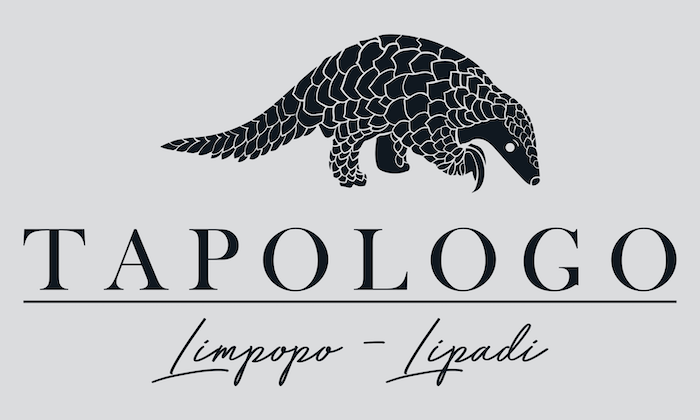What to bring
Packing for a Botswana safari requires careful consideration of clothing, accessories and health supplies, balancing comfort with practicality.
Clothing
Lightweight, neutral-coloured clothing is best. Note that camouflage-patterned clothing is not recommended, this is only permitted for the army and it is illegal for anyone else. Casual and comfortable clothing is recommended, safari is a casual affair.
Shirts and T-Shirts– Cotton and linen long sleeve shirts and short sleeved T-Shirts are recommended year round, even in winter the midday sun is very warm. Long sleeves are more useful as they not only protect against the sun but also any insects in the evenings.
Long trousers/pants and shorts. Lightweight materials are better than thicker materials like jeans which can be hot (and take a longer time to dry). (Ladies, skirts are not very practical on safari as climbing into and out of the 4×4 vehicles can be awkward with a skirt.
A warm sweater/jersey/fleece is recommended year round for mornings and evenings. In winter a second thicker fleece jacket would be useful, June-September.
A lightweight rain/wind jacket – good for any sudden showers in summer and useful as a windproof outer layer in winter.
Shoes – A pair of casual shoes such as sandals for in camp and a pair of closed comfortable shoes for walking (hiking boots are not necessary, these will be hot and bulky).
Swim wear and sarong/kikoy. Tapologo has a pool and wood fired hot tubs for relaxing between activities. The Kikoy is always useful, even away from the pool for shading or acting as an extra scarf too).
Winter essentials – wool hat (beanie), scarf and gloves are suggested for the early morning drives. The first 1-2 hours can be very cold until the sun is fully up.
Ladies– The roads can be bumpy, a sports bra is suggested for a more comfortable 4×4 drive.
Other essential items
Hat with a wide brim. The sun is powerful in Botswana and quite raw.
Sunscreen with a high factor, minimum factor 30.
Sunglasses with high UV resistance are recommended.
Torch – a small torch is handy. If doing a mobile safari a headtorch is recommended.
Camera – lenses and all the necessary charging accessories.
Binoculars are handy but not required. (If you have a good zoom on your camera you may prefer to use this).
International plug adaptor (Tapologo has a variety of plug points including the 3 prong square plug points, the SA 3 prong round point and the European 2 prong round points.)
Personal toiletries
Tapologo provides the basic toiletries such as body wash, shampoo and conditioner as well as insect repellent and lotions. All other toiletries should be packed with you. It is useful to carry chap tick/lip balm as the drives in the open vehicles can be dehydrating, eye drops are also recommended for this reason.
Other suggestions include rehydration sachets and antihistamines if you suffer from allergies/hay fever as the grass and dust levels can be quite high in the bush.
Motion sickness tablets-for those who suffer from this it would be wise to pack some tablets for the short flights which can be bumpy in summer with the rising heat.
Book – you will have 3-4 hours a day to relax in camp, a good book is recommended.
Cash – How much cash to take for tipping on safari?
The Botswanan currency is Pula. There are ATM cash points in most major towns however we strongly recommend brining cash as there is little time to visit an ATM on most Botswana safaris. US Dollars, GBP and Euros are accepted at Tapologo. Credit cards are also accepted for payments at Limpopo Lipadi for curio shop purchases, spa treatments etc.
Tipping whilst on safari can be a sensitive topic and it is never possible to provide a definitive guidance. Tipping is always completely discretionary and you should never feel under any pressure to tip. It is however appropriate if you feel that the measure of service you received warrants a show of your personal appreciation. Whilst guides make your safari experience, don’t forget those staff, many of whom you will never meet, who make safaris truly memorable. Tips in USD, GBP or Euro are generally accepted in Botswana, Zambia & Zimbabwe in safari camps.
Guides are tipped personally at the end of your stay and general guidance is that USD 10-USD15 per person per day would be considered a good tip.
General Staff are tipped through a common tip box. These tips are distributed to all staff equally, but managers and guides are often excluded. USD 10 to 20 per day would be considered a good tip.
Documents
Passport: Must be valid for at least six months beyond your departure date and have a couple of blank pages for visa stamps.
Visa: Check if you need a visa based on your nationality and apply in advance if necessary.
Travel insurance: Comprehensive medical insurance, including coverage for evacuation, is essential.
Flight itinerary and hotel reservations: Keep copies of these documents.
Vaccination certificates: Carry your Yellow Fever certificate if you are coming from or transiting through a country with a risk of transmission.
Copies of documents: Make physical and digital copies of your passport, visa, flight tickets, and insurance details, and store them separately from the originals.
Proof of sufficient funds: If you do not have a return ticket, you must provide proof of sufficient funds to purchase one.
Children travelling with one parent: An affidavit of consent, court order, or death certificate indicating permission from the absent parent is required.

Share This Page